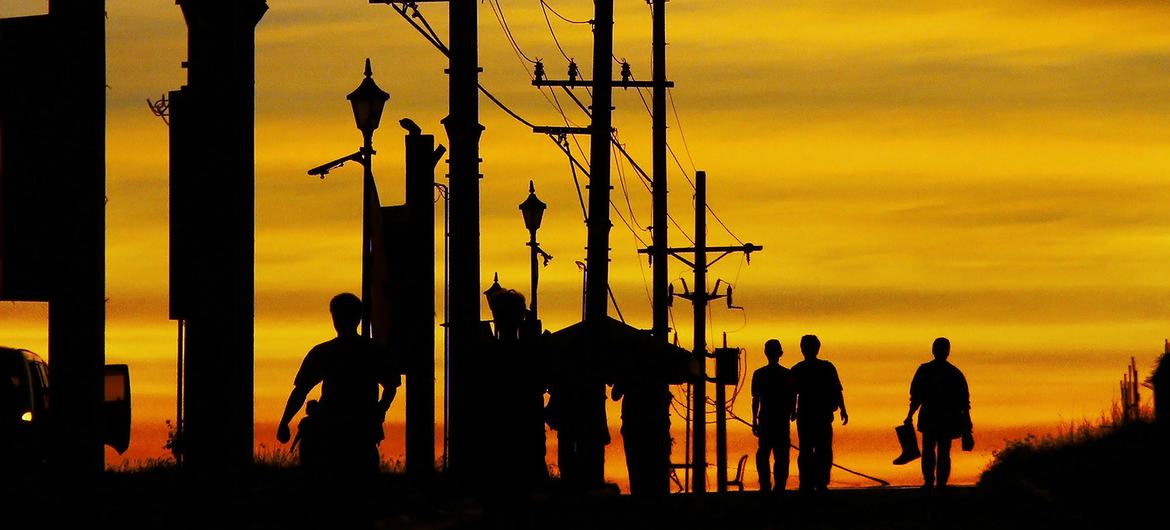Flag carrier cites lack of newer fuel-efficient aircraft and alternative jet fuels as reasons for not meeting the target.
Published On: 30 July 2024
Source: Al Jazeera and news agencies
Air New Zealand has abandoned its 2030 carbon emissions targets, citing the unavailability of newer fuel-efficient aircraft and alternative jet fuels.
Air New Zealand Chief Executive Greg Foran announced on Tuesday that potential delays in the airline’s fleet renewal plan posed “an additional risk to the target’s achievability.”
“The airline may need to retain its existing fleet longer than planned due to global manufacturing and supply chain issues that could potentially slow the introduction of newer, more fuel-efficient aircraft into the fleet,” Foran said in a statement. “Given so many levers needed to meet the target are outside our control, the decision has been made to retract the 2030 target and withdraw from the SBTi network immediately.”
The airline will also withdraw from the Science Based Targets Initiative (SBTi), which assists companies in reducing emissions in line with the Paris Agreement.
New Zealand’s flagship airline is considering a new near-term carbon emissions reduction target that would better reflect the industry’s challenges related to aircraft and alternative jet fuel availability.
Air New Zealand Chair Therese Walsh reaffirmed the airline’s commitment to achieving net zero carbon emissions by 2050.
“Our work to transition away from fossil fuels continues, as does our advocacy for the global and domestic regulatory and policy settings that will help facilitate Air New Zealand, and the wider aviation system in New Zealand, to do its part to mitigate climate change risks,” Walsh said.
Air New Zealand initially aimed to reduce overall carbon emissions by 16.3 percent by 2030, compared to a 2019 baseline.
The announcement comes as airlines face longer routes due to the conflicts in Gaza and Ukraine, increasing their demand for emissions-generating fuel.
Read the original Artical


 العربية
العربية

